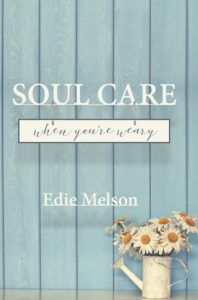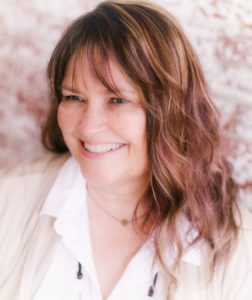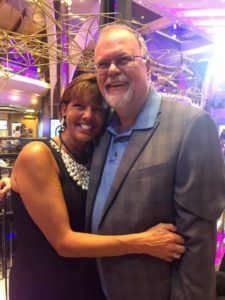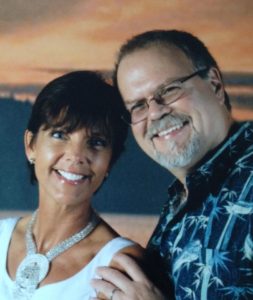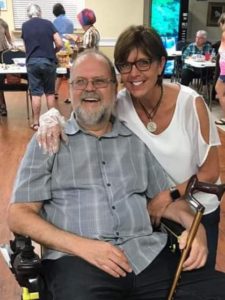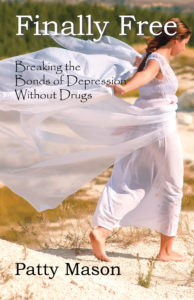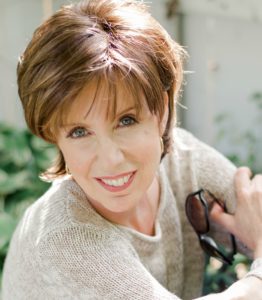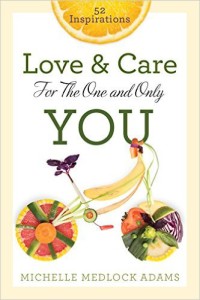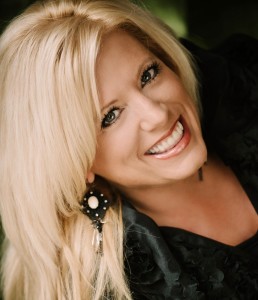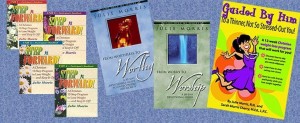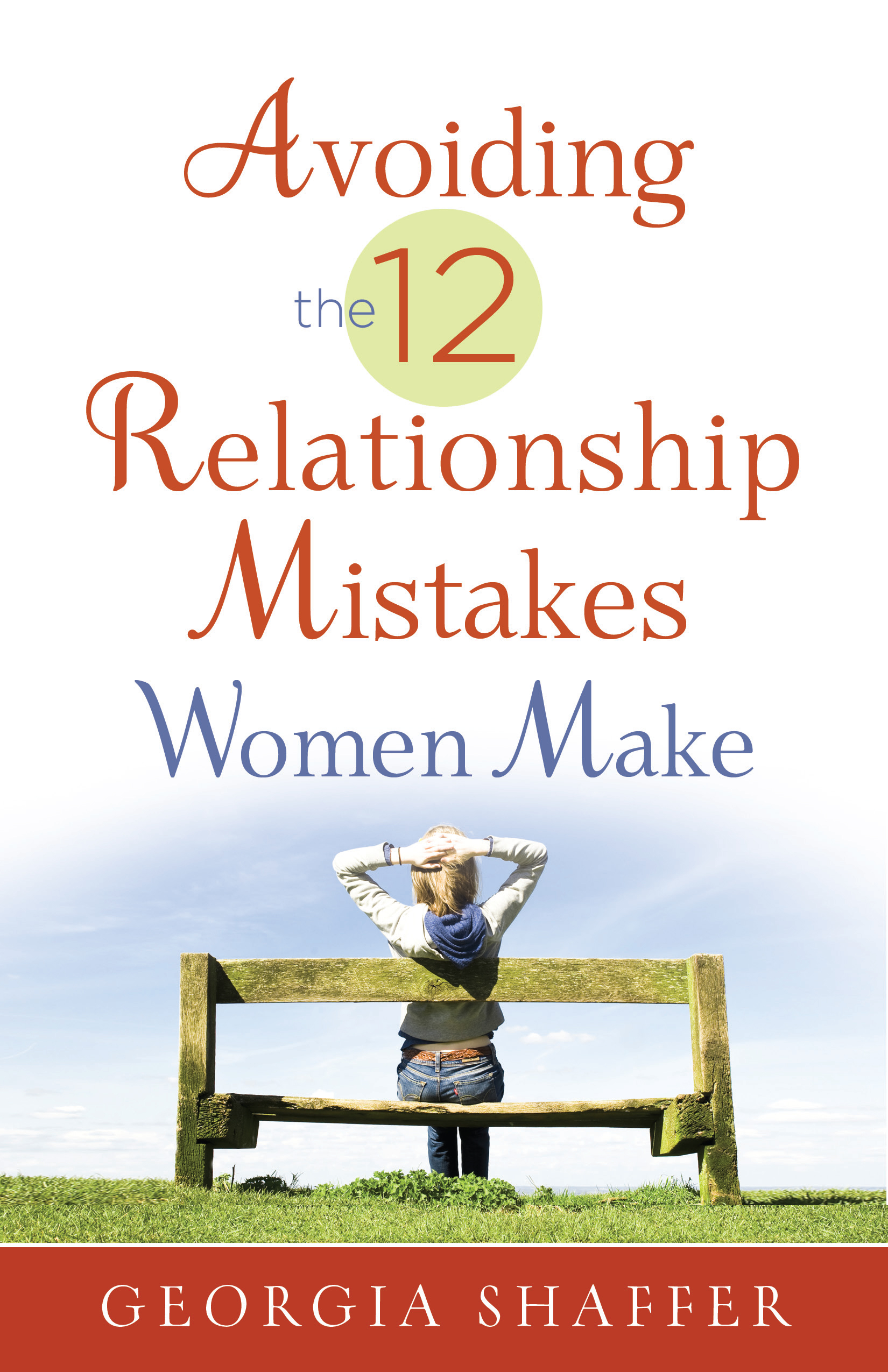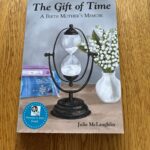Now that parts of the country are beginning to open up again, and before we move too fast to getting back to “normal,” perhaps it would be good to reflect on what we’ve learned during this time of quarantine.
Only few times in history has the entire world suffered through the same experience at the same time, but 2020 will long be remembered as a time when we all knew the fear and anxiety of a worldwide pandemic that arbitrarily claims lives. It will also be remembered as a time when we all were cloistered within our homes with few interactions with those outside our immediate family.
As tragic as this situation has been for many, I believe in every situation—good or bad, we have an opportunity to learn something that will grow us into stronger and better individuals.
So what have we learned during this quarantine?
- One of the happiest sights I’ve seen during this time of isolation are families strolling through the neighborhood, talking and laughing together. Moms and Dads and their kids are spending time with each other in large chunks of both quantity and quality time. It’s been an opportunity to get to know and enjoy the individuals living in our own house. Without the outside interference, the nuclear family is sharing new experiences together. Perhaps this time of quarantine has even created unique and special memories for our children.
- And how about the joy of spending time outside! With gyms closed, we’re learning to enjoy nature by running, walking, and biking instead of going to the gym. While in quarantine, I’ve been reading a book about having a healthier brain. In this book, author Timothy R. Jennings, M.D. sites studies, showing that spending time in nature provides multiple healthy benefits. Beyond that though, these studies also show that “exercise conducted outdoors rather than indoors appears to have a more robust heath benefit.” He goes on to cite research that shows how physical exercise conducted outdoors instead of indoors results in lower rates of depression, improvement in self-esteem and mood, as well as benefits in such things as heart rate, blood pressure, autonomic response and endocrine markers. Something to remember when gyms open up again and life resumes its usual pace.
- Learning to appreciate the luxury of going to the grocery store and finding anything we want on the shelves. Not every country has this luxury. Here in the U.S. we are so blessed as a nation in simply being able to go to the store, knowing we can find whatever we’re in the mood for. Having now gone through a time when many shelves were bare during the quarantine, let’s remember this lesson when we return to normal and be thankful for the many advantages we have in this country instead of dwelling on what we don’t have.
- Learning to appreciate our jobs and getting a paycheck. We might complain about them at times, but when they’re taken away from us, we realize how fortunate we truly are. We may not be as rich as some of our friends or someone we see on TV, but by having a job, we are able to support ourselves and our family.
- Since neighbors are the only people we really get to see, we are getting a chance to know them a little better – even if it’s only a social-distancing safe encounter. Continuing to foster these friendships with neighbors when the quarantine is over can strengthen our sense of community.
- Appreciating technology. This is a big one for me because I often complain about it. However, without the amazing advances of technology we would have no way to communicate with the outside world during this time of isolation. How thankful I am for it now so we are not completely shut off from friends and family who live apart from us.
- However, we are also learning that communicating through technology is not as satisfying as communicating with people in person. We have particularly found that online learning is not as successful as learning in the classroom. Seeing how many students struggle with classes, time management, and staying focused with distance learning, we realize more than ever the significance of a teacher’s role in a child’s learning experience. Having a real live, present teacher to interact with and respond to is so much more rewarding than staring at a computer screen even if there’s a talking head on the other end. I think we’ve learned that we are social creatures after all.
- Because of fewer visits to the grocery store, some of us may be learning to do a better job of conserving food and using leftovers. Knowing I can’t immediately go to the store to replenish ingredients makes me stretch the food I already have so it lasts longer. A recent study of the habits of 2,000 Americans showed that the average American wastes 103 pounds of food per year. Perhaps being quarantined has helped us learn to manage our food more carefully, frugally, and creatively.
- For those of us who are a little more industrious, we may be celebrating the chance to use the extra time to clean out closets or drawers or even our garage. (My hand is going up here.) Having to stay home has provided a good opportunity to finish up projects or start one we’ve had to put off because of our usual busyness.
- We may also be realizing the importance of validating elderly parents and grandparents with our visits. One of the saddest things for me during this season of COVID 19 is seeing those in nursing homes and assisted living facilities living in isolation without visits from family and friends or even congregating together for meals and activities. Remembering my own mother when she lived in a nursing home for a time, I know how important my daily visits were to her. I can’t imagine her mental and emotional health could have survived months of isolation. My prayer is that those who care for the elderly in these facilities will soon be given plans to bring relief to the loneliness of their charges. I pray also that each of us will value our elderly relatives more than ever and shower them with our love and attention when things return to normal.
- Children have learned things too. During the quarantine, they’ve been able to use their free time to rediscover the fun of imaginative play and creative ventures like building forts, playing make believe, making crafts, or reading books for pleasure and discovering board games and puzzles with family.
- And, of course, we’ve learned the importance of washing our hands for 20 seconds on a regular basis. Because it’s hard to tick off the seconds correctly, I recently learned that singing the Doxology while washing your hands is a good reminder of how to measure the time. It’s also a good reminder to continually lift our voices in praise to our loving Father throughout the day. Here’s a quick reminder of the words: “Praise God from whom all blessings flow. Praise Him all creatures here below. Praise Father, Son, and Holy Ghost. Amen.” If you just read that, it should have been a 20 second read! You might remember that next time you wash your hands.
- And this brings us to perhaps the most significant question many of us have dealt with during this time—the question of our mortality. As we’ve watched the COVID 19 death toll rising each day, we realize death is a part of life. Our own mortality stares us in the face each time the news reports peel off the new statistics. Because of this, we’re perhaps more aware of the finiteness of life, our limited time on earth, and the frailty of our individual lives. Prayer and thoughts of God and eternity may hover a little longer in our minds. We indeed are finite creatures, small in the context of a larger universe. But this needn’t bring fear when we open our hearts and minds to the sovereignty of a God who loves us and designed us to be in fellowship and relationship with Him. He has a plan for us, a future for us, and when we submit ourselves to His love, our lives can become richer and fuller as we walk toward the eternity He prepared for us through the gift of His son.
In each event of life—both good and bad—I see the truth of God’s promise in Romans 8:28: “All things work together for good for those who love God and are called according to His purpose.” I believe that this is even true in the days of COVID 19. In spite of the difficulties of this time, God can use it for our good and His purposes when we come to Him with open hearts and minds.
What have you learned in quarantine? I’d love to hear about your experiences.
If this quarantine has been strained because of a marriage in trouble, my new book, Fighting for Your Marriage while Separated might help you take the next best step.

